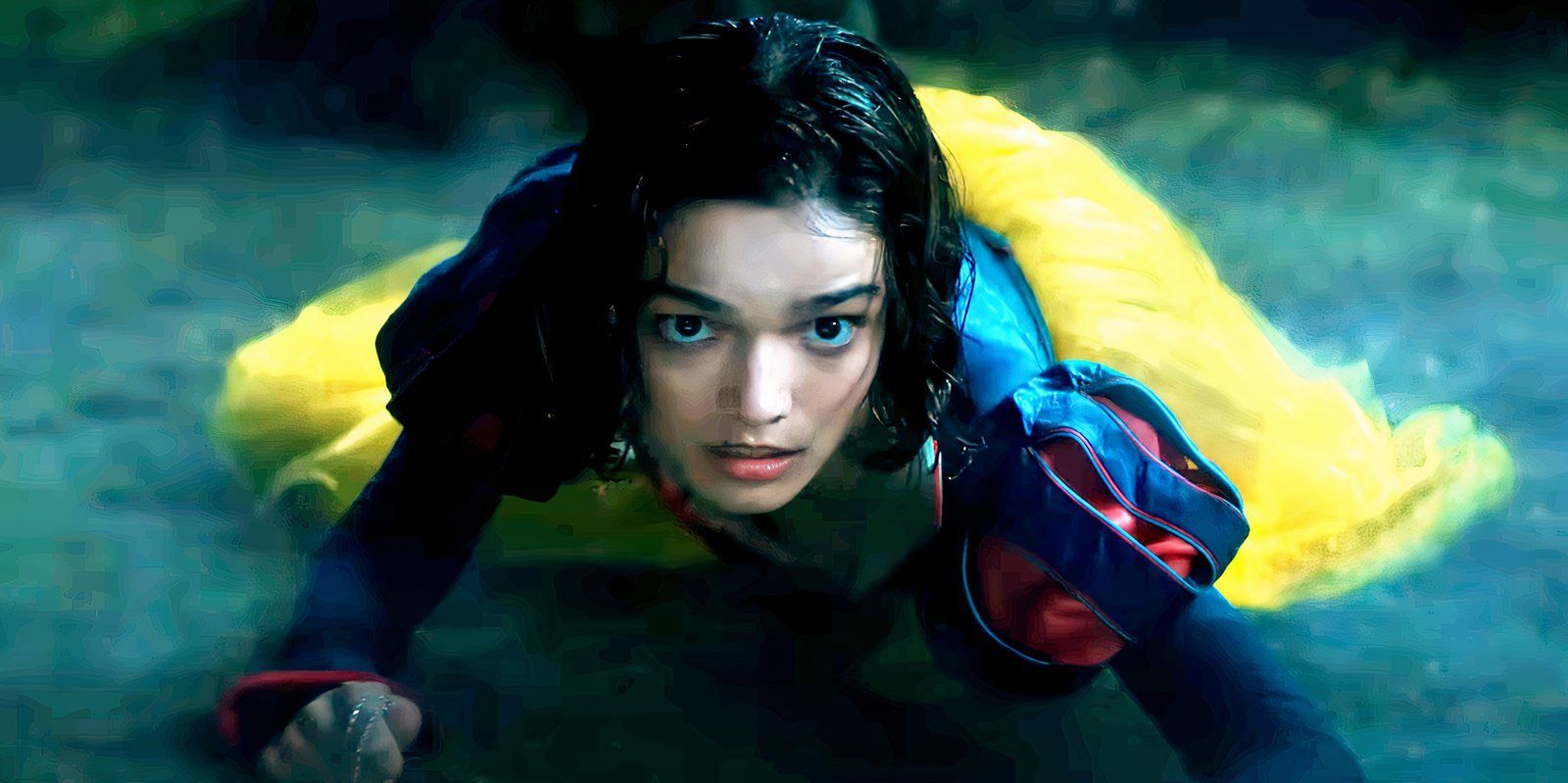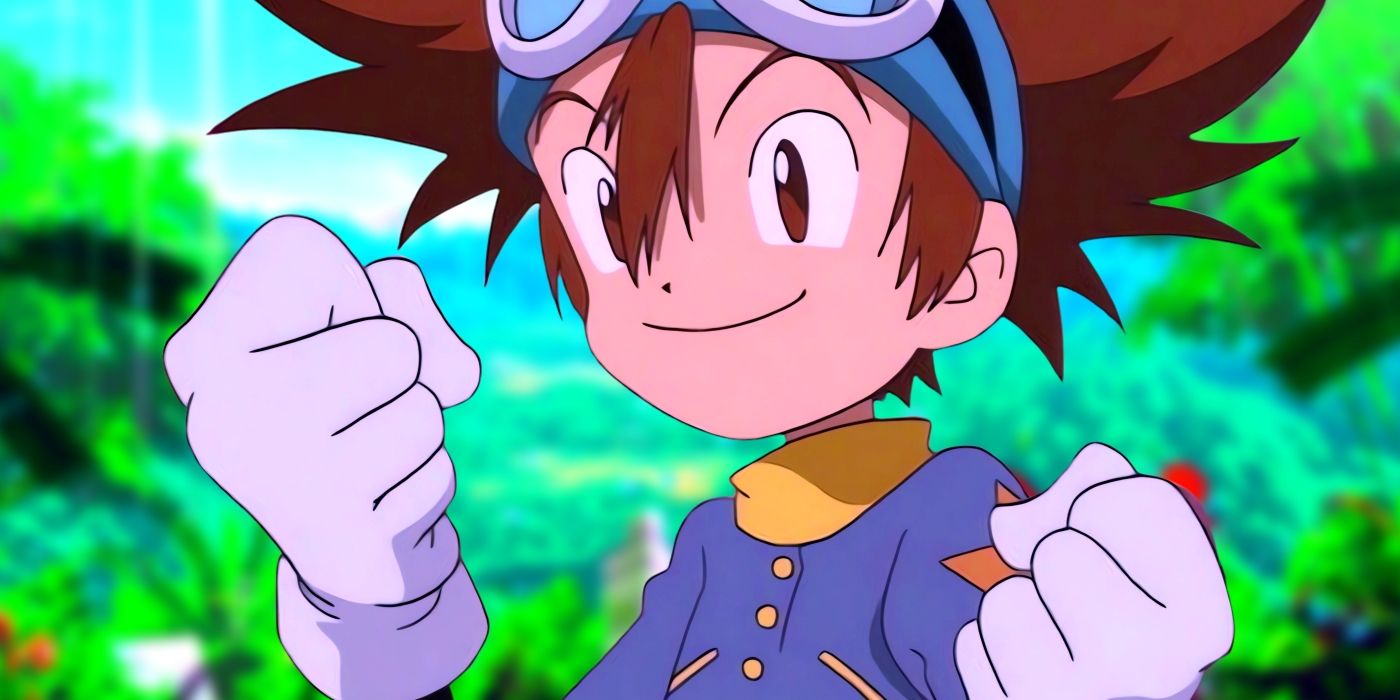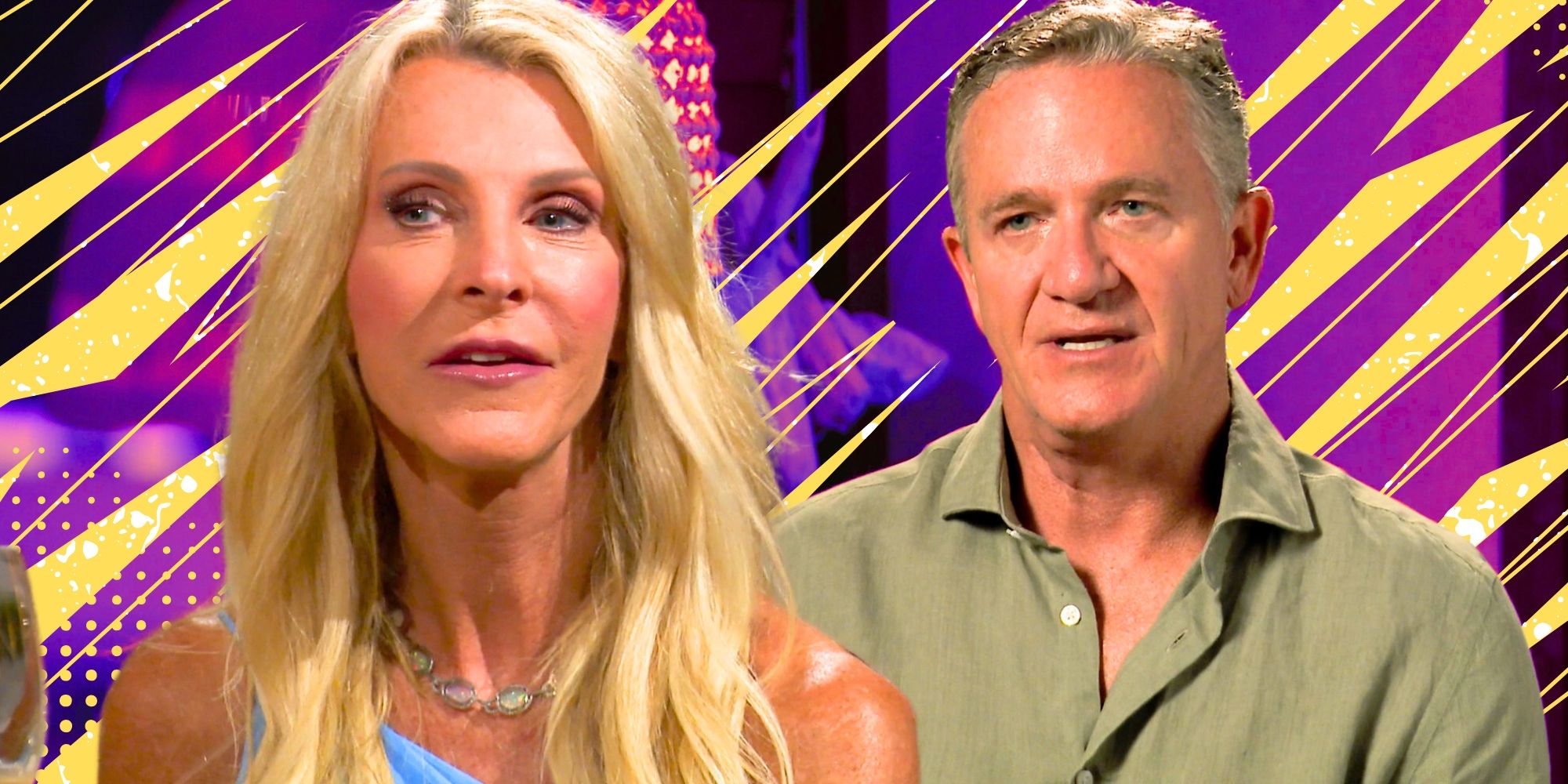EXCLUSIVE: Early one morning up in Haddon Hall, a grand Tudor hall in Derbyshire, England, this corpulent, menacing-looking man swathed in a richly brocaded tunic trimmed with fur shuffled over to have a chat with filmmaker Karim Aïnouz and the Oscar-winning actor Alicia Vikander.
I had no idea who he was.
We were on the set of Firebrand, about Henry VIII’s marriage — his sixth and final one — to Katherine Parr.
Jude Law was supposed to join them. “Where is he?” I asked Gabby Tana, Firebrand’s producer.
“He’s in front of you talking to Karim,” Tana responded.
“That’s Jude Law?” I blurted.
Jude Law is bemused when I recount the story
He’s calling me from New York, and when he realizes that I’m in Beverly Hills, his voice breaks as he mentions that he’s been in touch with friends “who have lost everything” in the wildfires that have raged through LA county.
“I’ve heard awful stories,” he adds, clearly shaken.
I gently lead him back to Firebrand, and he notes that people have seen the film and they tell him, “I didn’t recognize you,” and he would respond, “Thank God. That was the point.”

I’m interested in the psychology of him disappearing, of him being totally unrecognizable.
There’s another instance of that in director Justin Kurzel’s thriller The Order, where law plays a grizzled FBI agent who lures you into thinking he’s no longer potent, then wham! — do not underestimate him; he’s a sharp-shooting ace like Gary Cooper in High Noon. Or, as Law puts it, a sort of Robert Mitchum-meets-the Marlboro Man.
He says there’s no deliberate psychology in picking roles to hide behind.
“I guess it’s the opportunity that you have in front of you to do that, the distance between you and the person you’re playing and the potential in the roles to be able to do that. … It was really with those two particular parts — there was just something physically and emotionally very distant from me.
“And I suppose the job at hand is to lose yourself because you find the similarities, you find the sort of human connections and connective tissues that work. So it feels plugged in, but at the same time, you’re creating someone who really clearly isn’t you,” he says, noting that both characters have a certain amount of “decrepitude.”
In the case of Henry VIII, he’s a monstrous, murdering monarch.

Quite often, I feel that the somewhat oleaginous coverage of the current British Royal Family extends to forebears who have brutalized their subjects.
Not so with Law’s liege, who knows how to be cruel in the most fascinating way.
“Unfortunately, when you get into the details of their behavior in the past, certainly in that era, that truth comes to the fore,” he says. “And certainly at that time when the Tudors were trying to unite the country under a single banner, anyone who spoke out was killed. And so really you could put mass murder on the many crimes of Henry VIII because thousands were slaughtered and imprisoned and tortured and so on, for simply going against them. … Way back then, it was almost like a gang. They were the most powerful gang in the country, and you had to bow to them.
“And if you didn’t, then watch it,” he adds, underlining the ruthlessness of Henry’s reign. Your head was chopped off.
Along with his obesity amd high blood pressure, Henry suffered from painful venous leg ulcers that made his lower limbs swell, and pustules would burst. “On top of that, he drank to numb the pain,” Law explains.
Little nails and pebbles were placed in the shoes Law wore so he would walk with a wobble.

And I do remember that when I passed the actor on set, he had the scent of a malodorous gutter.
This was deliberate, says Law, to ensure that Vikander and the actors playing courtiers would catch a whiff and turn their noses up. I’m not going to repeat what the fragrance was made from as it would put you off your lunch, dinner and tomorrow’s breakfast.
All that pain Henry suffered added to his venomous mood, and Law’s eyes at times resembled those of a dangerous snake.
Hair and makeup designer Jenny Shircore deserves a share in any prize Law collects for his performance because she designed the leg sores and receding hairline.
After shooting The Order, Law reunited with director Kurzel and writer Zach Baylin on a TV thriller called Black Rabbit that Law’s production company Riff Raff produced with Jason Bateman’s Aggregate Films for Netflix.
There’s also a Ron Howard film called Eden that played at TIFF; it also will be out this year.
He enjoyed making the well-received Disney+ Star Wars series Skeleton Crew.
Will there be more of that? I ask.
“I don’t even know whether I’ll be asked back,” Law says. “I dunno. The power is not in my hands with that one, but I had a ball making it.”
Later, he plans to play a supporting tole in Olivier Assayas’s new film The Wizard of the Kremlin, where he’ll portray Vladimir Putin at the beginning of his governing career. “I say that hesitatingly because I haven’t really started work on it yet. I mean, I have, but at the moment it looks like an Everest to climb, so I’m in the foothills looking up thinking, ’Oh Christ, what have I said?’ That’s often how I feel whilst I say yes. I was going, ’Oh God, how am I going to do this?’ But anyway, that’s for me to sort out.”
Then there are several other pieces on the slate that he’ll develop and produce through Riff Raff with partner Ben Jackson and their team.
He loves to be challenged, he says.
“What I love now is being offered or challenged or being able to develop roles that take me further from myself than ever before whether it’s physically or emotionally,” Law says. “And that seems to be readily available as I get older.”
What he doesn’t want is to be offered stuff that he’s done before because, in his book, that’s not what he calls “being challenged” and not “necessarily what I want to be doing. … So it’s exciting to go and find material.”









 English (US) ·
English (US) ·